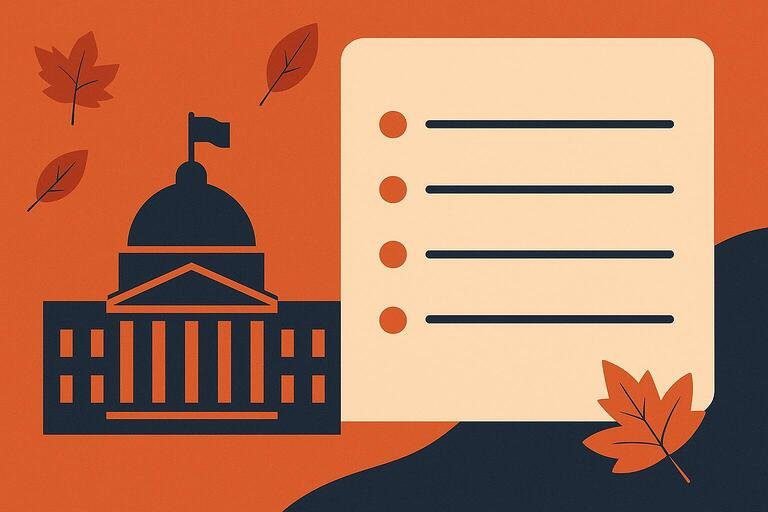Chancellor Rishi Sunak has set out a series of measures aimed at halting job losses and stemming business failures as part of his Winter Economy Plan.
His statement, delivered in the House of Commons on 24 September, was a last-minute replacement for the planned Autumn Budget, which the Treasury had cancelled the previous day. It was a decision taken to focus eff orts on dealing with the short-term economic problems caused by the pandemic. The centrepiece of the Winter Economy Plan was a new scheme to replace furlough, running from 1 November. The Job Support Scheme will last for six months and see the government subsidise the pay of employees working for businesses that are operating but facing decreased demand. On 9 October, Rishi Sunak announced that the Job Support Scheme will be expanded to protect jobs and support businesses required to close because of local or national restrictions. And on 22 October, the Chancellor unveiled increased support for jobs and workers impacted by COVID restrictions. Under the revised scheme, employers will pay less and staff can work fewer hours before they qualify for extra financial help. When announcing the Winter Economy Plan, the Chancellor stressed that the government’s economic response to the pandemic was evolving and that his aim now was to cushion a painful adjustment to a new way of living and working. He did though, make it perfectly clear that his emphasis has firmly.
🚨 Data accurate as of the date of publication – 19.11.2020.
🚨 The above material is for informational purposes only and does not constitute a sales offer or financial advice. Before taking out any insurance, credit agreement or other financial product, you should obtain individual advice on your requirements and the general terms of the contract.
Source: Quilter Financial Planning – Essentially Mortgages Q4 2020



